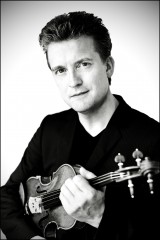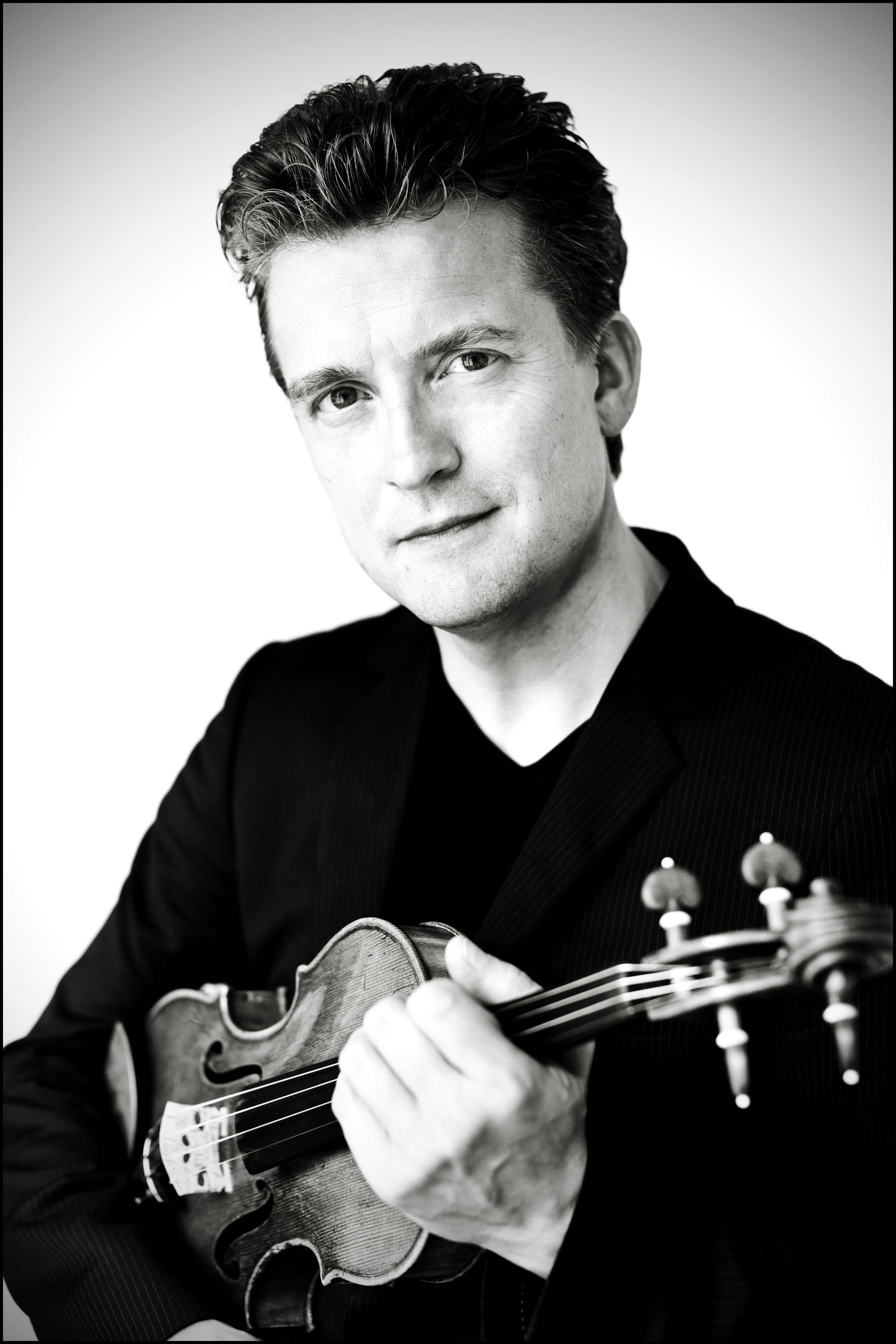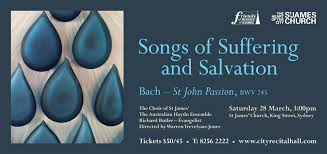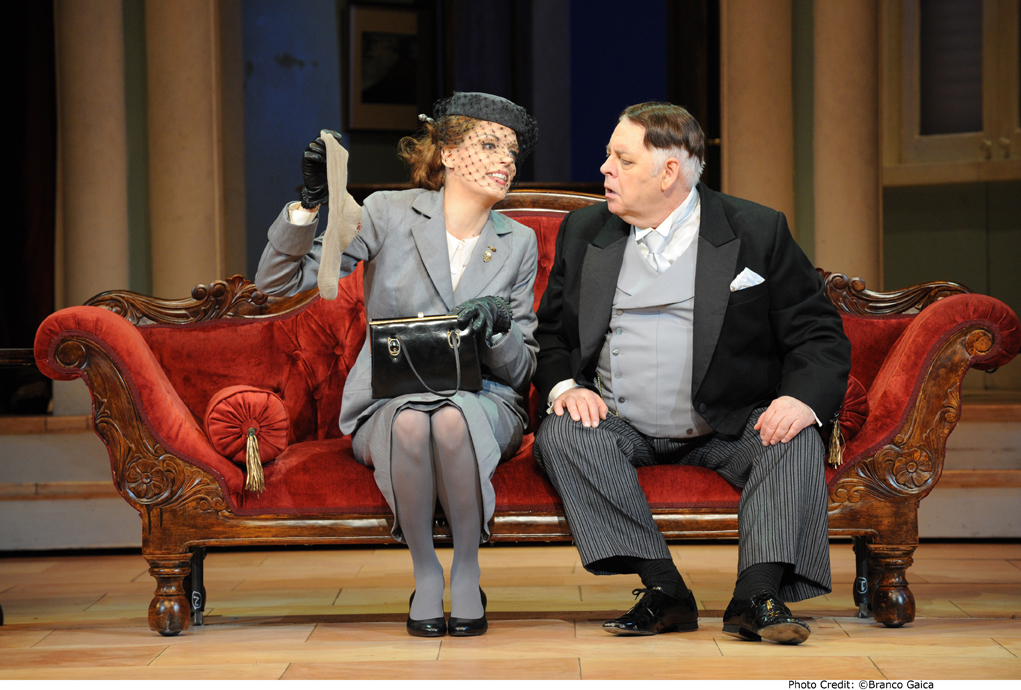Virtuosity and spectacle: The Mahler Chamber Orchestra with Daniel Harding and Christian Tetzlaff
 The Mahler Chamber Orchestra, conducted by Daniel Harding with Christian Tetzlaff, violin, at the Sydney Opera House, June 10th 2013.
The Mahler Chamber Orchestra, conducted by Daniel Harding with Christian Tetzlaff, violin, at the Sydney Opera House, June 10th 2013.
The display of virtuosity within the concert hall of the Sydney Opera House was as spectacular as the light show outside. The 50 strong Mahler Chamber Orchestra conducted by Daniel Harding with violinist Christian Tetzlaff unleashed their brilliance on the final night of Sydney’s Vivid festival with laser like precision, patterns that danced and hues that flowed from incandescent colour to the barest of blushes.
The programme was cohesively curated and grounded in the music of Beethoven. The orchestra opened with Brett Dean’s Testament-Music for Orchestra. Composed in 2008, Dean was fired by Beethoven’s Heiligenstadt Testament, and devised techniques like playing with bows without rosin and blowing air through instruments, replicating the foggy sounds that Beethoven might have heard as his hearing failed. The music reacts reflecting anguish, anger and alienation – moods that Beethoven might have faced when the irrevocability of deafness dawned on him. Dean’s composition quotes fragments from the slow movement of Beethoven’s first Razumovsky string quartet, opus 59, no 1, a chronological companion of Beethoven’s Violin Concerto in D opus 71 to which Tetzlaff lent his genius.
It was a breathtaking performance of one of the most challenging works in the repertoire. It had the added interest of a transcription by Tetzlaff of the cadenza written by Beethoven for the piano version of this concerto – an unusual exchange of timbres between between the solo violin and timpani. Tetzlaff’s playing was passionate and masterful. His solo concert in Sydney later this year, Alone with Bach is already sold out, so his gracious encore by Bach was a small consolation to the enthralled audience.
Finally the majestic 5 movement Symphony No 3 in E flat, opus 97, Rhenish by Schumann, one of the composers whose works form the core repertoire of the orchestra. Schumann too was strongly influenced by Beethoven in writing this symphony. Harding and the orchestra conveyed excitement and energy evoking very much the large, grand landscapes of the Rhineland after which the symphony is named.
The audience refused to go home and Harding returned with a sneak peak at what the orchestra is performing tonight – the Largo from Dvorak’s Symphony no 9 in E minor, From The New World. Again, the orchestra painted a broad, lush landscape interspersed with sprightly dance rhythms. The audience was mesmerised from the moment the cor-anglais sounded the haunting theme until the double basses faded to silence.
Of the many remarkable features about this orchestra, one of the most intriguing is that it has no home base, its musicians drawn from 20 nations of the world. That they can come together and within a few days produce ensemble playing of such cohesion is a testament to their brilliance. Daniel Harding was gallant in passing his bouquet of flowers on to Sydney violinist Kirsty Hilton, the only Australian member of the ensemble. Hosting her orchestral colleagues in her home town, the folk song Goin’ Home, derived from Dvorak’s Largo may have meant something extra special.
Shamistha de Soysa for SoundsLikeSydney©
The Mahler Chamber Orchestra conducted by Daniel Harding with cellist Alisa Weilerstein performs again tonight, June 11th at 7 pm at the Sydney Opera House.







